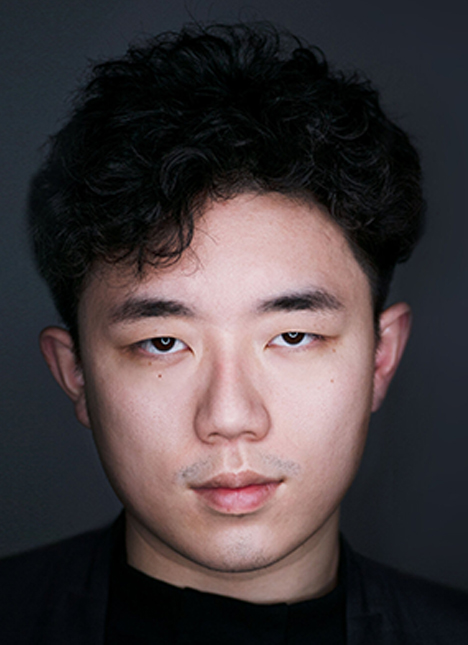Using AI to Boost Safety in Senior Care Communities
Honghao Deng
6/6/2024
 Over the past several years, significant investments and innovations in technology have been made to support longevity and improve the quality of life for a rising older population. As many senior care professionals know, the U.S. Census Bureau reports that the number of Americans aged 65 and older will increase by 47 percent, from 58 million in 2022 to 82 million by 2050.
Over the past several years, significant investments and innovations in technology have been made to support longevity and improve the quality of life for a rising older population. As many senior care professionals know, the U.S. Census Bureau reports that the number of Americans aged 65 and older will increase by 47 percent, from 58 million in 2022 to 82 million by 2050.
Given the anticipated demographic shifts, the longevity technology market is poised for significant growth. Depending on the data source and scope of the sector, industry experts predict the global longevity market will be between $44-45 billion in 2031 based on a compounded annual growth rate of 6.8 percent over the next several years.
Some of the more widely known longevity-centric technologies include online social networks, wearable devices, smart home gadgets, and brain-training games and apps.
There’s also been significant strides made in the use of artificial intelligence (AI) in senior care communities to improve the resident experience while providing administrators with an additional layer of safety and staff support.
For example, new palm-sized sensors combining body-heat-sensing technology and machine learning are used in senior care facilities to infer how residents use space without capturing any personally identifiable information. The sensors detect movement and are purposely designed for anonymity to ensure residents privacy and dignity as they gracefully age.
The sensors can be used in a variety of ways including faster response to resident wandering and related urgent needs. In turn, the data can help administrators more efficiently allocate staff.
Research Study Uses AI for Early Frailty Detection
Another burgeoning area for senior care community administrators to note is the increasing use of longevity technology as the foundation to support research on aging. Research teams often include experts in geriatrics, physical activity, kinesiology, technology, and data analytics.
Currently, a research grant from the University of Massachusetts Amherst’s Artificial Intelligence and Technology Center for Connected Care in Aging & Alzheimer’s Disease is exploring the use of AI sensors to infer how residents use space while protecting privacy. The research is being conducted at the Senior Health Practice at Beth Israel Deaconess Medical Center.
The researchers posit that frailty is potentially preventable if it is identified at an earlier stage. To do this, they are using sensors to measure key movement features of frailty such as gait speed, walking distance, the amount of time an individual is physically active, how much time a person spends indoors, and how sedentary they are. Initial results from the study are expected later this year. Data from the sensors will help shape insights based on unusual changes in activity and movement patterns.
These research efforts could prove to be a breakthrough in reducing the risk of falls, which impact more than one in four older adults each year, according to the Centers for Disease Control and Prevention.
As senior care community administrators know, if frailty progresses, it will require clinical care, social support, and modified living environments due to the rising risk of falls.
Longevity Technology Is Still Emerging
It is clear that technology will play an increasingly important role in prevention and early interventions to improve quality of life and support healthy aging. And while innovations dedicated to older adults are growing, the sector is still emerging.
 However, current interest among senior care administrators, as well as academic and medical researchers demonstrate the value of technology in providing insights that can be translated for real-world applications and promote good functional health.
However, current interest among senior care administrators, as well as academic and medical researchers demonstrate the value of technology in providing insights that can be translated for real-world applications and promote good functional health.
A society with a thriving older population, due in part to advances in technology, can improve the quality of life for the individual and those around them. It also reduces health care costs, supports economic growth, builds stronger ties among generations, and fosters inclusivity.
Honghao Deng is a computational designer and entrepreneur, and the CEO and co-founder of Butlr. In his previous role, he was a researcher at City Science Group, MIT Media Lab. He earned a Master of Design Technology with Distinction at Harvard University.